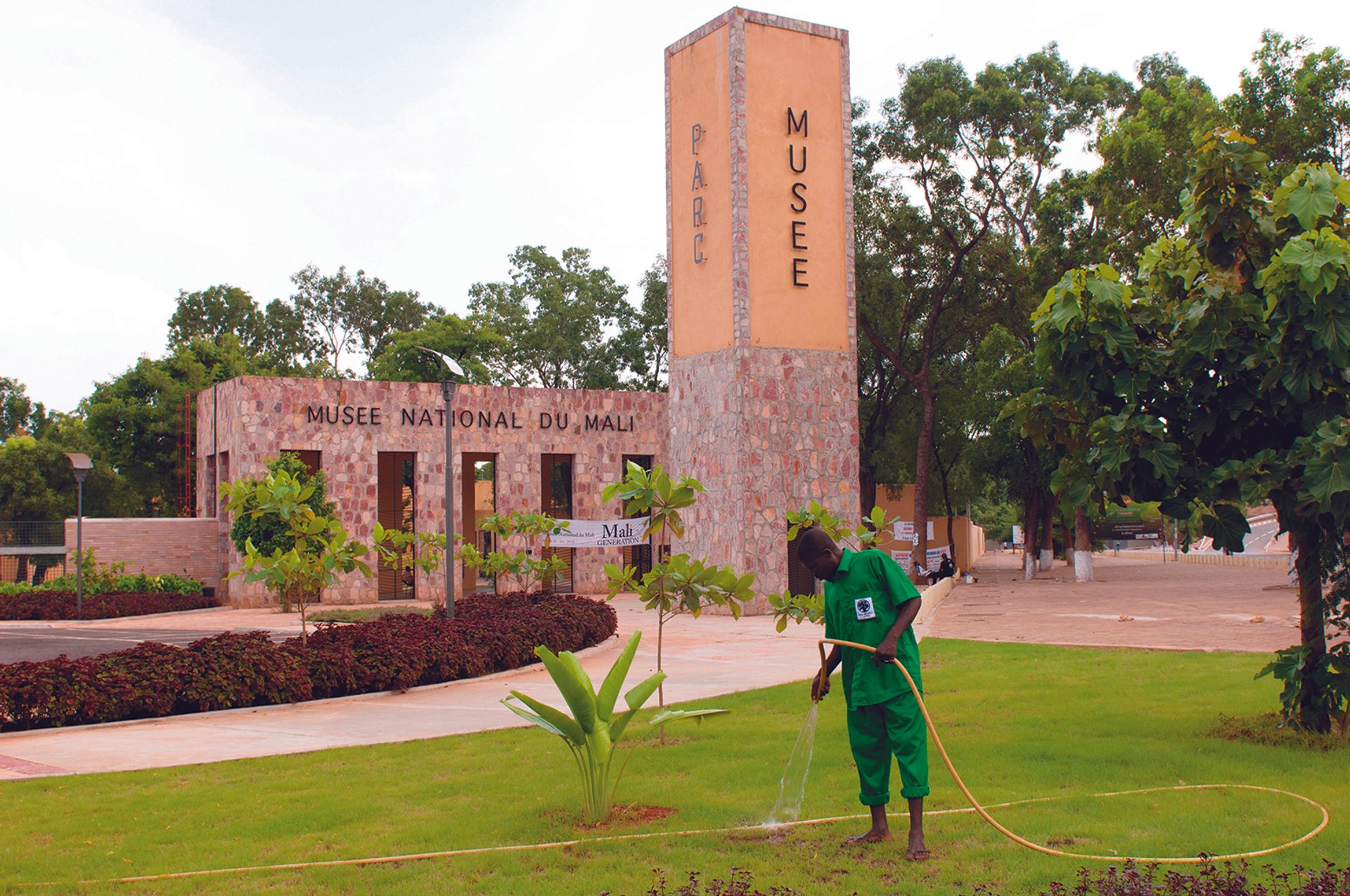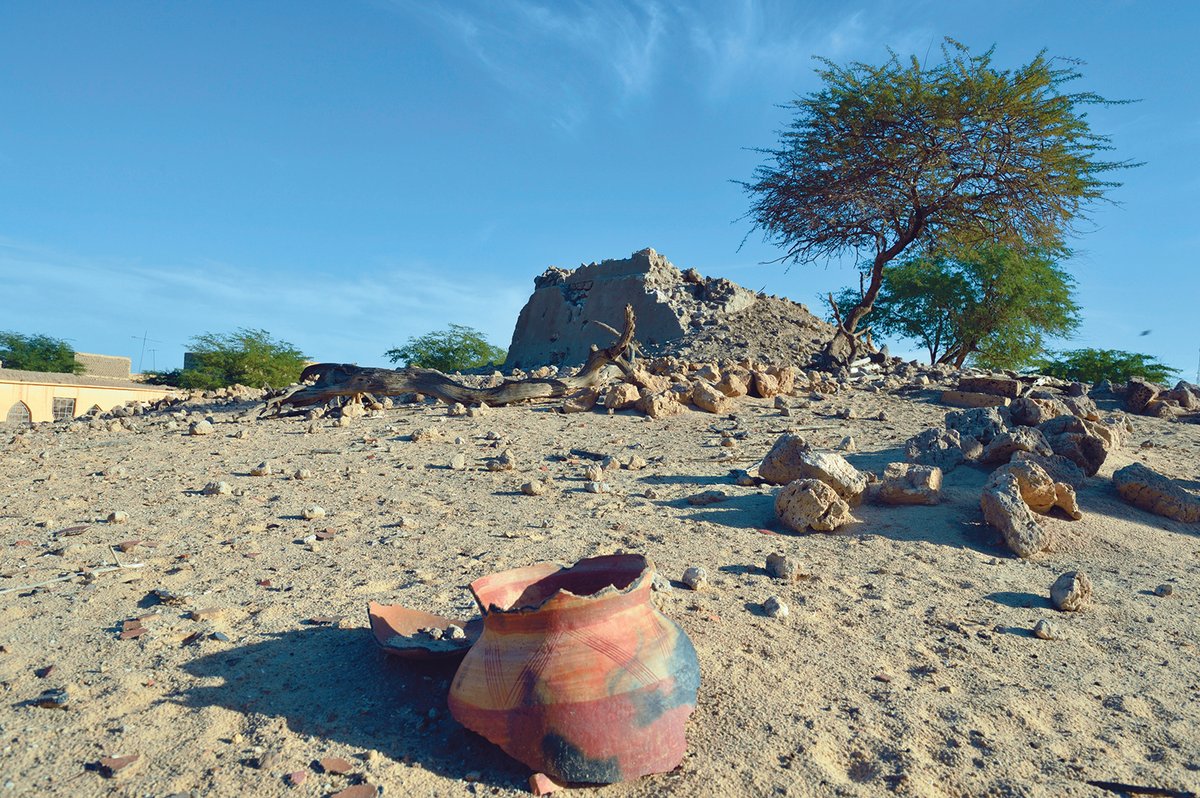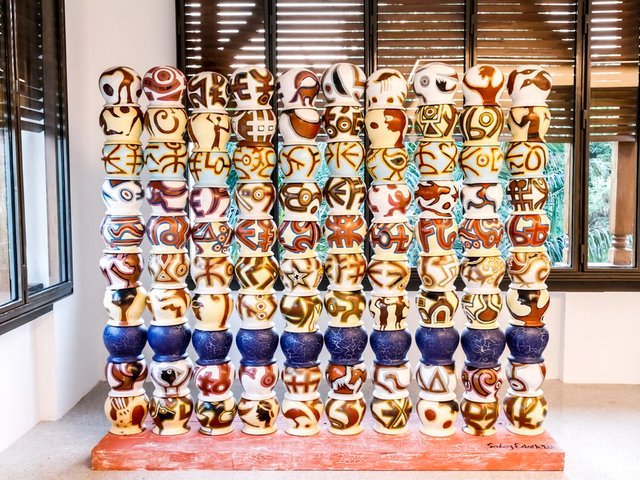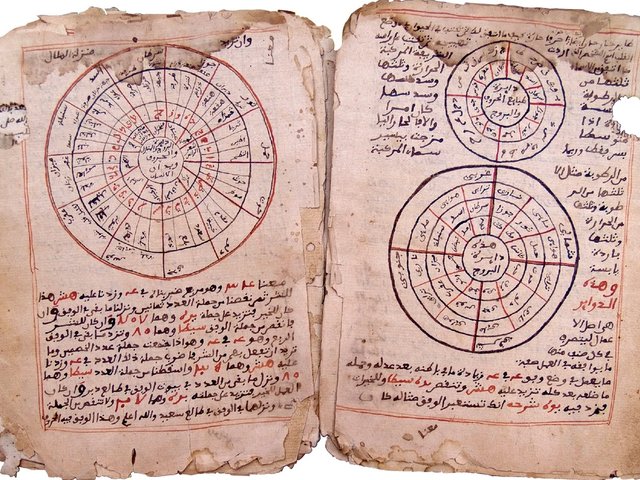Mali and Burkina Faso are two of the world’s least developed countries, according to the United Nations. Each has a thriving art scene, with scores of museums operating across both countries, exhibiting the work of contemporary artists alongside cultural artefacts that date back millennia. But each museum serves its community at constant risk of violence. Islamic terrorism and militia-backed political coups have plagued both countries in recent years. And the museum holdings in each country are often actively targeted by traffickers of cultural antiquities.
A pioneering international effort has now been launched to keep the artefacts in both countries’ museums safe, with the International Council of Museums (Icom) and the Aliph heritage protection foundation at present running a pilot programme designed to combat illicit trafficking.
The $250,000 initiative was launched in November 2022 and has provided training for staff from 22 museums across Mali and Burkina Faso. Those involved have been trained in emergency planning security, anti-illicit trafficking processes and the storage and documentation of objects. The initiative is the first of its kind, and Icom hope it will act as a template for other museums working amid civil war.
Dedicated emergency plans
“Since 2012, Mali, in particular, has been facing an unprecedented crisis causing damage to cultural heritage, through intentional destruction, theft and looting,” says Edward Oakes, Icom’s heritage protection co-ordinator. “This initiative will help Mali’s museums to develop dedicated emergency plans, enabling them to deal with the very particular and profound problems they face.”
Bamako, Mali’s capital, is home to the National Museum of Mali—an archaeological and anthropological museum with 10,000 objects including West African Art—and the Muso Kunda, which celebrates Mali’s women. The National Museum of Burkina Faso in Ouagadougou holds more than 7,500 artefacts, including jewellery, masks and weapons.
Workers from all three museums are collaborating in the Icom-Aliph project, together with the Museum of the Sahel, Kôrè Museum and Djenné Regional Museum in Mali, and Saponé Museum, Poni Museum and National Museum of the Armed Forces in Burkina Faso.

The National Museum of Mali in the country’s capital, Bamako, is one of 22 museums in Mali and neighbouring Burkina Faso to receive training in how to protect their collections from traffickers
Bert de Ruiter/Alamy Stock Photo
Mali’s civil war began in 2012 and has claimed 4,000 lives in the past year alone. In November 2022, the UK withdrew 300 British troops who had been stationed there in 2020 as part of international efforts to combat the spread of jihadist organisations in the country. The UK government justified the retreat by pointing to two military coups in the space of three years, which undermined military efforts to support the country’s government.
Last October, Burkina Faso’s defence minister announced that the country was now fighting for “survival” after jihadists launched an insurgency from over the border of neighbouring Mali in 2015. Burkina Faso has suffered two military coups in eight months, while an estimated 10% of the population have fled their homes since fighting began.
Heritage looting and destruction of ancient heritage sites has surged as a result of such violent instability. A recent survey showed 45% of archaeological sites in Mali have been looted, according to the UK’s Museums Association, while, in 2012, members of the Al-Qaeda-affiliated Ansar Dine organisation attacked tombs in the ancient Malian city of Timbuktu. In what was a historic first, the International Criminal Court later classified this act of heritage destruction as a war crime.
Objects thought to be at risk of theft from the countries’ museums are detailed by Icom in so-called “red lists”, Oakes says, which are passed to law enforcement agencies.
The Icom-Aliph project held a meeting in Ouagadougou in January, with another planned for Bamako later this year. Museum staff are encouraged to learn from one another, and to share their unique experience of conflict. “Each professional’s specific experience will enrich the project as a whole and enrich their work as well,” said Diallo Salimata Ouattara, director of the Muso Kunda Women’s Museum, in an interview.
The project will assist private museums in particular, it is hoped. “Most of the time, these are family-run museums where training is informal,” says T. Philippe Kabore, Burkina Faso national co-ordinator of the Icom-Aliph project, in an interview.
“We need to develop a framework for training the next generation of museum staff,” says Daouda Keïta, director of the National Museum in Mali. “In these times of crisis, we must ensure the survival of our museums for many generations to come.”




